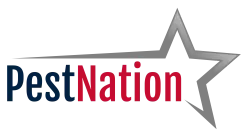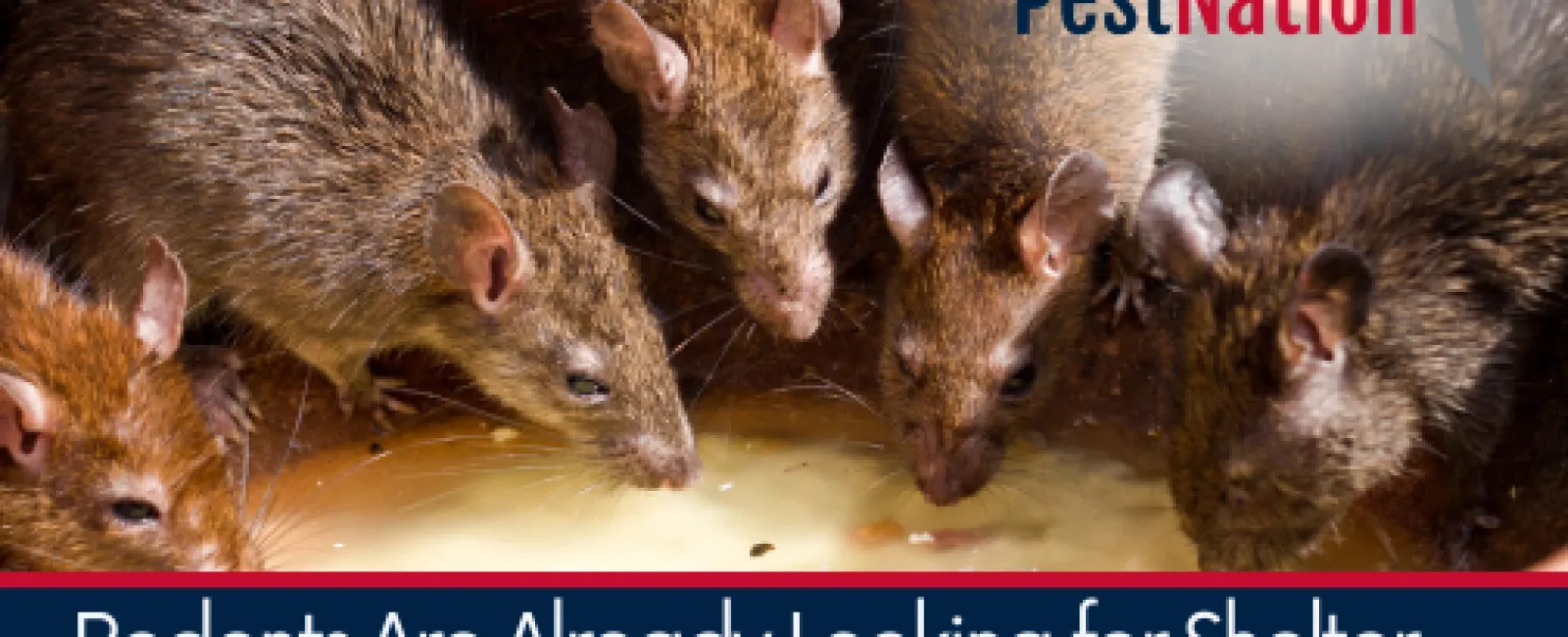Late summer is a time when most homeowners are still enjoying warm weather, backyard cookouts, and the last stretch of long days. But while you're soaking up the season, rodents are already planning their next move—and that move could be straight into your home. In Atlanta, Charlotte, and Charleston, the transition from summer to fall marks a critical time for rodent activity. Mice and rats start seeking out safe, warm, food-filled environments before cooler weather sets in.
The problem is that once rodents get inside, they don't just leave on their own. They reproduce quickly, chew through wiring, contaminate food, and cause significant damage to insulation and stored belongings. That's why late summer is the ideal time for rodent exclusion—sealing entry points and removing attractants before the first cold snap sends these pests scrambling for shelter. By taking action now, you can avoid the costly and stressful infestations that peak in fall and winter.
Why Late Summer Is Prime Time for Rodent Prevention
Rodents are opportunistic. In warm months, they live comfortably outdoors, where food sources like gardens, trash bins, and natural vegetation are plentiful. But as August turns into September, they begin to prepare for the months ahead by looking for more permanent shelter.
Several factors make late summer the right time to take action:
-
Population Peaks: Rodents breed rapidly during spring and summer, meaning their numbers are at their highest just before fall. More rodents outdoors means a higher risk of them seeking indoor shelter.
-
Weather Shifts: Even minor drops in nighttime temperatures can trigger rodents to begin their search for warmer environments.
-
Food Source Changes: Gardens, outdoor food waste, and insect populations start to decline in late summer, pushing rodents to look for alternative food supplies—often inside homes.
-
Entry Point Exploitation: Summer storms and wear-and-tear can create new openings in siding, foundations, and roofs, which rodents can use to gain entry.
By scheduling PestNation pest inspections now, you give our technicians the opportunity to identify vulnerabilities and implement rodent exclusion measures before these pests establish themselves indoors.
The Dangers of Rodent Infestations
A rodent infestation isn't just an inconvenience—it's a serious health and safety risk. In Atlanta, Charlotte, and Charleston, common rodent species like house mice, roof rats, and Norway rats can cause problems that extend far beyond chewed wires or gnawed food packaging.
-
Disease Transmission: Rodents can carry harmful pathogens such as salmonella, hantavirus, and leptospirosis, which can be transmitted through droppings, urine, or bites.
-
Property Damage: Their constant gnawing can ruin wood, insulation, and electrical wiring, increasing the risk of fire.
-
Allergens: Rodent droppings and shed fur can trigger asthma and allergies, particularly in children.
-
Secondary Pests: Rodents can carry fleas, ticks, and mites into your home, creating new pest problems.
Addressing these risks requires more than setting a few traps. The most effective way to deal with rodents is to prevent them from entering in the first place through rodent exclusion.
What Is Rodent Exclusion and Why It Works
Rodent exclusion is the process of sealing your home so rodents can't get in. This approach is far more effective and long-lasting than relying solely on trapping or baiting after an infestation occurs. It focuses on:
-
Identifying Entry Points: Rodents can squeeze through holes as small as a quarter for rats and a dime for mice. PestNation pest inspections locate these gaps in siding, vents, crawlspaces, and foundations.
-
Sealing Vulnerabilities: Using rodent-proof materials like steel wool, hardware cloth, and metal flashing, technicians seal gaps and cracks to eliminate access points.
-
Environmental Modifications: We recommend changes to landscaping, storage, and waste management to make your property less attractive to rodents.
Because PestNation serves Atlanta, Charlotte, and Charleston, we understand the specific rodent challenges in each region and tailor our exclusion strategies accordingly.
Signs Rodents May Already Be Nearby
Late summer is a good time to be on alert for early signs of rodent activity around your home. Common indicators include:
-
Droppings in pantries, cabinets, or garages
-
Gnaw marks on wood, wires, or stored goods
-
Nesting materials like shredded paper or insulation
-
Scratching noises in walls, attics, or ceilings
-
Grease marks along baseboards or entry holes
If you notice these signs, it's important to call for PestNation pest inspections immediately. Waiting until fall may allow rodents time to establish nesting sites, making removal more difficult and costly.
The Role of PestNation in Year-Round Rodent Protection
While rodent exclusion is a key part of prevention, true pest control is about consistent, year-round protection. That's why PestNation offers a full range of services to address rodents and the pests that attract them.
1. Atlanta, Charlotte, Charleston Interior and Exterior Pest Treatments
Rodents are often drawn to homes because of the insect populations living nearby. Our interior and exterior pest treatments reduce these food sources while creating a barrier against other pests like ants, cockroaches, and spiders.
2. Quarterly Services
With quarterly services, your home is inspected and treated every season, ensuring that new vulnerabilities are addressed before they become entry points. Seasonal adjustments are made based on pest behavior—rodent prevention in late summer, mosquito reduction in spring, and ant control in peak months.
3. In2Care and Mosquito Treatments
Rodents aren't the only pests looking for shelter in warm months. Mosquito treatments, including eco-friendly In2Care systems, help control biting insects that can attract spiders and other prey-driven pests. By reducing all pest activity, we make your home less appealing to rodents and their predators.
How Homeowners Can Support Rodent Exclusion
Professional rodent exclusion is the most effective prevention method, but homeowners can take steps to support these efforts:
-
Seal trash bins and keep them away from the house.
-
Trim back shrubs and tree branches touching your roof or siding.
-
Store food securely, including pet food, in sealed containers.
-
Repair leaks and remove standing water to eliminate hydration sources.
-
Clear clutter in garages, basements, and attics where rodents can hide.
These habits, combined with PestNation's exclusion and treatment services, create a strong defense against fall infestations.
Why Acting Now Saves You Time and Money
Waiting until you see rodents inside is a costly mistake. By then, they've already established nests, reproduced, and possibly caused structural or electrical damage. Emergency removal and repair costs can be significantly higher than preventive services done in late summer.
Scheduling PestNation pest inspections now allows our team to address vulnerabilities before rodents settle in for the colder months. It's a proactive approach that not only protects your home but also safeguards your health and property value.
Keep Rodents Out Before They Move In
Late summer might still feel far from the chilly days of fall, but for rodents, the search for winter shelter has already begun. Once they choose your home, removing them becomes a bigger challenge—one that often involves more time, money, and frustration than prevention would have.
With PestNation's expertise in Atlanta, Charlotte, and Charleston pest control, you can stop rodents before they become a problem. Our proven rodent exclusion methods, combined with interior and exterior pest treatments, quarterly services, and solutions like In2Care and mosquito treatments, provide a complete, year-round defense for your home.

